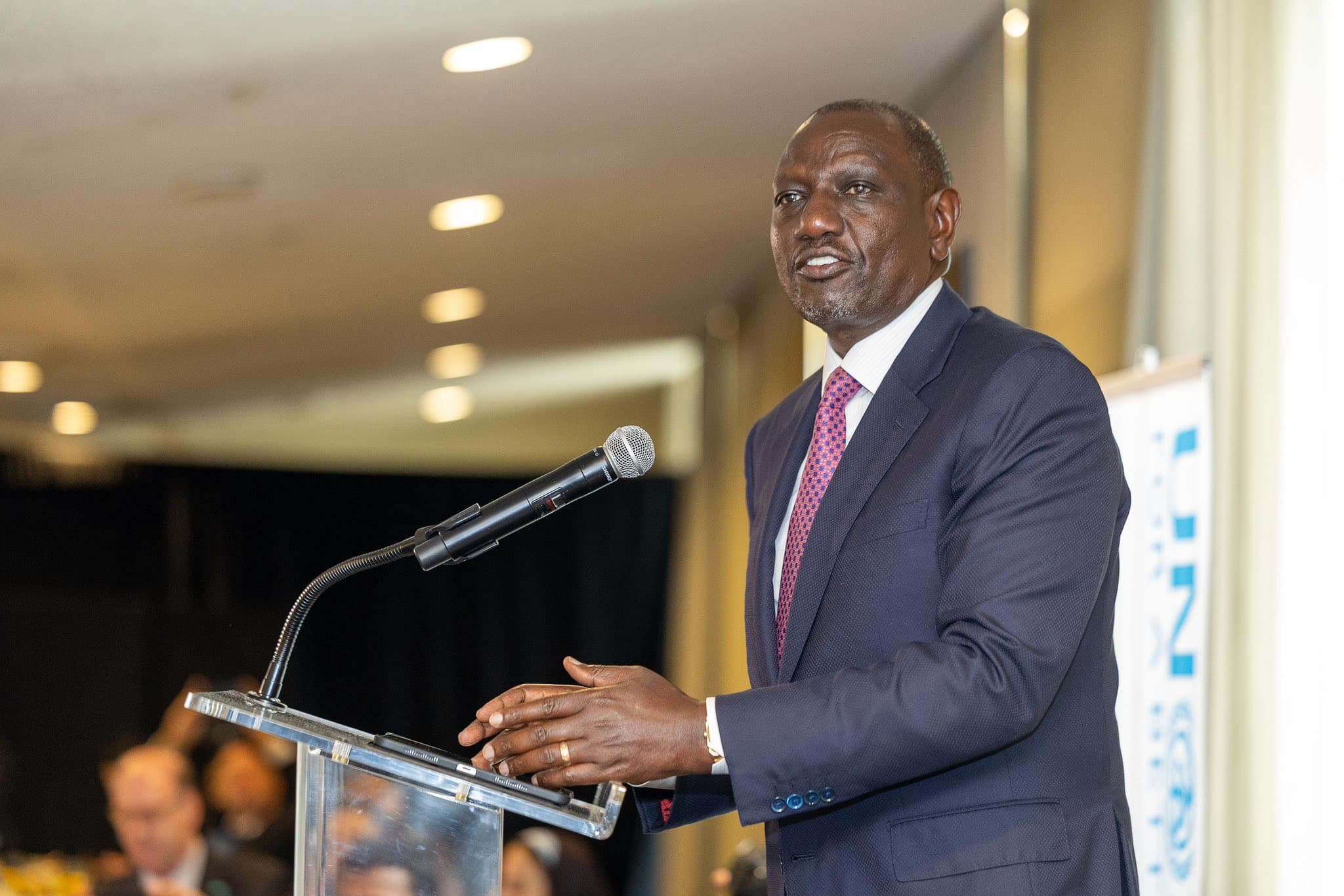We're loading the full news article for you. This includes the article content, images, author information, and related articles.
President William Ruto has reiterated his commitment to implementing a comprehensive e-procurement system across all government entities, asserting it is crucial for combating corruption and enhancing financial integrity.

NAIROBI, Kenya – President William Ruto has strongly defended the government's push for a mandatory e-procurement system, stating it is a critical measure to eradicate deep-seated corruption and reduce wasteful spending within public institutions. Speaking at Umma University on Tuesday, September 30, 2025, the President underscored the urgent need for transparency and accountability in all government financial transactions.
President Ruto lamented that the existing procurement framework has become a fertile ground for graft, transforming public purchasing into a lucrative enterprise for unscrupulous individuals rather than a mechanism for delivering essential services to Kenyans. “This is why we are changing our procurement mechanism so that we stop theft and corruption that has pervaded our procurement and made it an enterprise for making money and not providing services,” he stated emphatically.
The President's remarks highlight a long-standing challenge in Kenya's public sector: the pervasive nature of corruption in procurement processes. Manual systems are often criticised for their lack of transparency, susceptibility to manipulation, and the difficulty in tracking transactions, making them ripe for fraudulent activities. E-procurement, conversely, promises a digital, auditable trail for every transaction, from tendering to payment, thereby significantly reducing opportunities for malfeasance.
While the government's intention to combat corruption through e-procurement is widely supported, analysts and various stakeholders have raised pertinent questions regarding the practicalities of its implementation. Key concerns revolve around the clarity of timelines, the financial implications of setting up and maintaining such a system, and the safeguards that will be put in place to ensure its integrity and prevent new forms of digital fraud.
Experts suggest that a successful rollout will require a robust technological infrastructure, comprehensive training for government officials and potential suppliers, and a clear legal and regulatory framework to govern the digital procurement landscape. Furthermore, addressing potential digital divides and ensuring equitable access for all businesses, particularly those in remote areas, will be crucial.
The move is expected to significantly influence public debate and policy execution in the near term. Civil society organisations and opposition figures are likely to scrutinise the implementation process closely, demanding transparency and accountability at every stage. The success of this initiative will not only depend on the technology itself but also on the political will to enforce strict adherence and penalise non-compliance.
President Ruto's administration views e-procurement as a cornerstone of its broader agenda to reform public service delivery and foster a more ethical governance environment. The coming months will reveal how effectively these ambitious plans translate into tangible results, ultimately impacting the trust citizens place in government institutions.
Keep the conversation in one place—threads here stay linked to the story and in the forums.
Sign in to start a discussion
Start a conversation about this story and keep it linked here.
Other hot threads
E-sports and Gaming Community in Kenya
Active 9 months ago
The Role of Technology in Modern Agriculture (AgriTech)
Active 9 months ago
Popular Recreational Activities Across Counties
Active 9 months ago
Investing in Youth Sports Development Programs
Active 9 months ago